Business Japanese Phrases: お先に失礼します – Review Notes
Today we learned two common Japanese phrases to use in the office or at work. These phrases are very important to remember if you are planning on working in Japan or with Japanese people!
In this review, we will learn more about these Japanese phrases and learn similar Japanese phrases.
 ………………………………………………………………………………..
………………………………………………………………………………..

★ Today we learned two Japanese phrases to use in the office or at work.
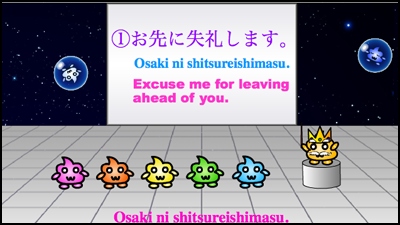
★ The first phrase is お先に失礼します。(osaki ni shitsureishimasu).
★ You should use this phrase when you are leaving the office and other people are still working.
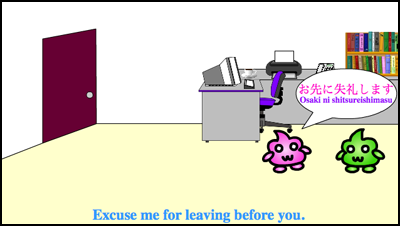
★ Using this phrase is the way to show consideration for your coworkers who are still working hard even after you go home.
★ When saying this phrase, it is polite to stand facing your coworkers and give a small bow before turning around and leaving the office.
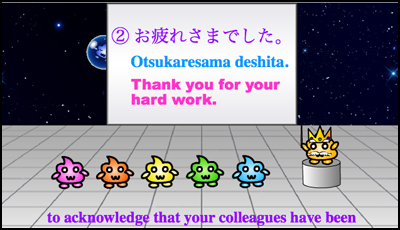
★ お疲れさまでした (otsukaresama deshita) is the best reply to your coworker who is leaving ahead of you who said お先に失礼します (osaki ni shitsureishimasu).
★ This polite phrase acknowledges that your coworker who is leaving is tired from working hard all day.
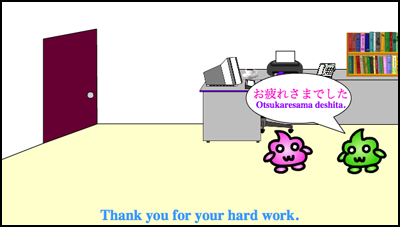
★ This phrase can also be accompanied by a small bow.
★ This phrase can also be used in many similar situations. For example, after finishing a big project at work or completing some kind of grueling task.
 ………………………………………………………………………………..
………………………………………………………………………………..
Similar/Related Japanese Phrases:
………………………………………………………………………………..
★ A similar phrase is お疲れさまです (otsukaresama desu) which can be used in similar ways. Grammatically, it is the present tense, while the other is past tense. This phrase acknowledges that the person is working hard.
★ お疲れさまです (otsukaresama desu) is often used as a polite greeting in place of こんにちは (konnichiwa – hello) between coworkers or people at work.
★ Sometimes people also just say お疲れさま (otsukaresama) or even just お疲れ (otsukare). These variations mean the same thing but are more casual so you should only use them with coworkers who you are very friendly with.
 ………………………………………………………………………………..
………………………………………………………………………………..
Conclusion:
That’s it for today’s Japanese phrase lesson! Be sure to practice saying these phrases out loud! If you have a question, leave a comment below!
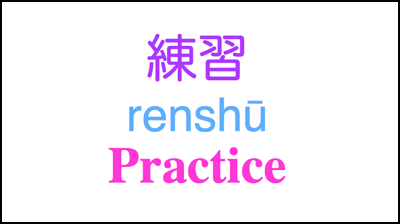
 ………………………………………………………………………………..
………………………………………………………………………………..
Do you want a Japanese tutor?
Take Japanese Skype Lessons with Professional Japanese Teachers on kakehashijapan.com!
………………………………………………………………………………..
………………………………………………………………………………..



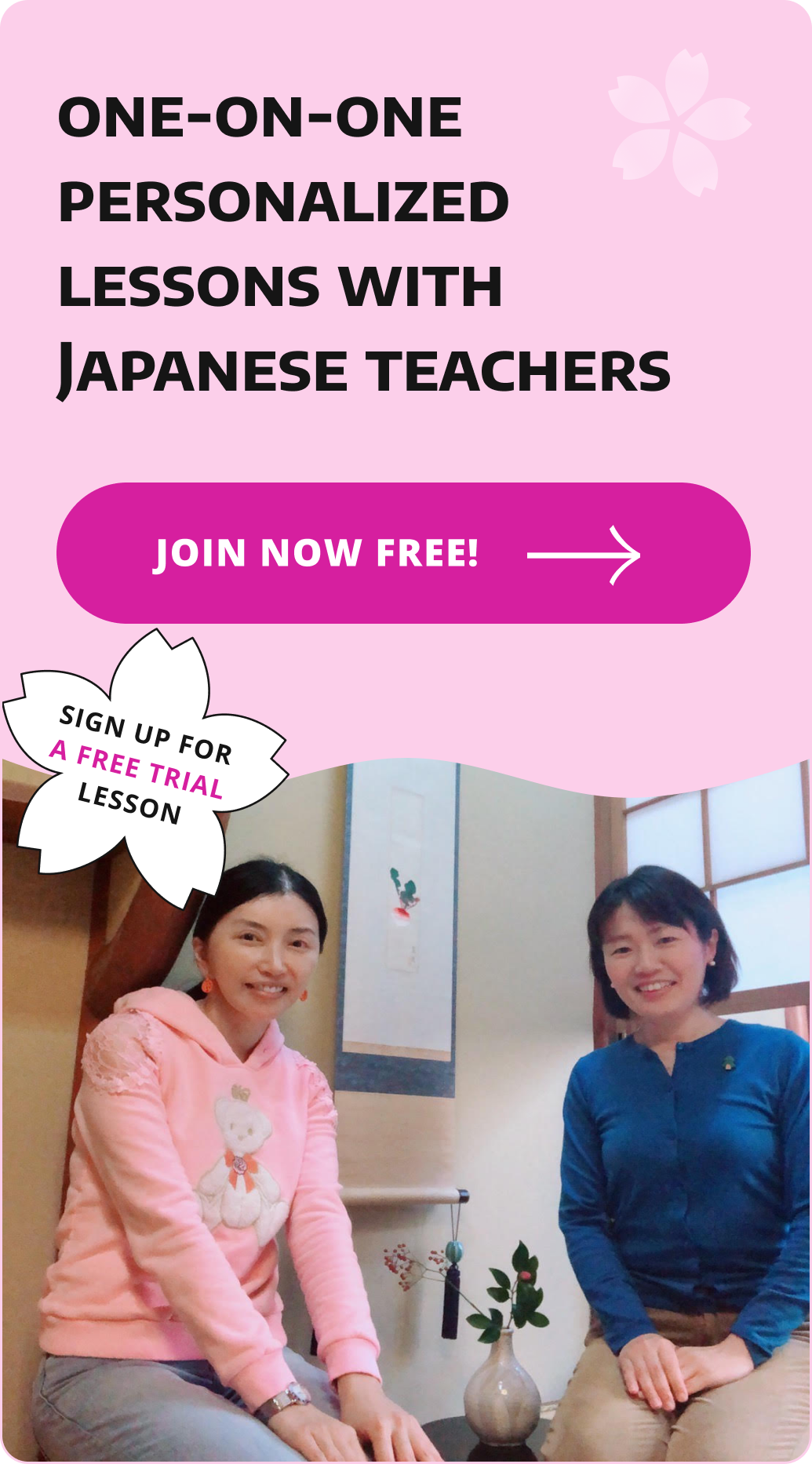





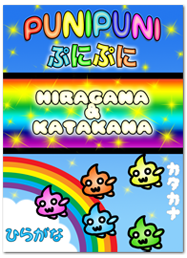
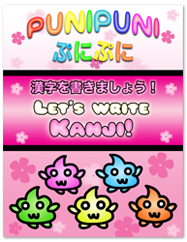


0 comments